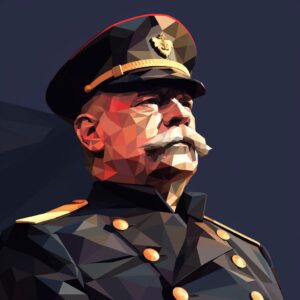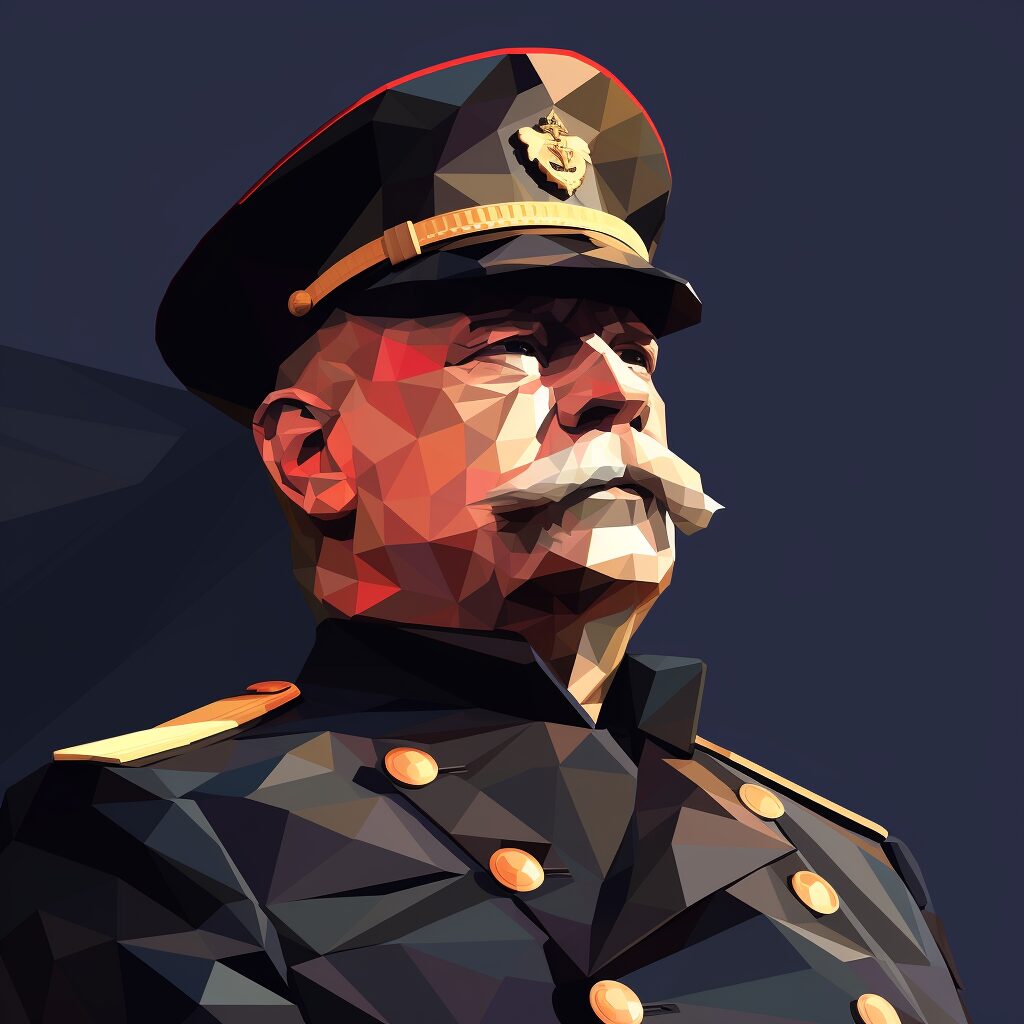Otto von Bismarck Quotes
- Statesman
- Germany
- 1815

Otto von Bismarck was a prominent German statesman and diplomat who played a crucial role in the unification of Germany in the late 19th century. He served as the first Chancellor of the German Empire from 1871 to 1890 and is often referred to as the “Iron Chancellor” due to his strong a…Read More
Otto von Bismarck was a prominent German statesman and diplomat who played a crucial role in the unification of Germany in the late 19th century. He served as the first Chancellor of the German Empire from 1871 to 1890 and is often referred to as the “Iron Chancellor” due to his strong and decisive leadership style.Bismarck’s most notable achievement was his successful implementation of a series of wars and diplomatic maneuvers that led to the unification of Germany under the leadership of Prussia. He also played a key role in establishing Germany as a major European power and in shaping its foreign policy.Bismarck’s political philosophy was characterized by his belief in realpolitik, which emphasized practical and pragmatic approaches to politics rather than moral or ideological considerations. He also implemented a series of social and economic reforms, including the establishment of a welfare state, to maintain stability and prevent the rise of socialism.Some of Bismarck’s notable works include the creation of the German Empire, the establishment of the Triple Alliance with Austria-Hungary and Italy, and the implementation of the Kulturkampf, a series of policies aimed at reducing the influence of the Catholic Church in Germany.Overall, Otto von Bismarck is remembered as a skilled and influential leader who played a crucial role in shaping modern Germany and European politics. His legacy continues to be studied and debated by historians and political scientists.Read Less
Otto von Bismarck was a prominent German statesman and diplomat who played a crucial role in the unification of Germany in the late 19th century. He served as the first Chancellor of the German Empire from 1871 to 1890 and is often referred to as the “Iron Chancellor” due to his strong and decisive leadership style.Bismarck’s most notable achievement was his successful implementation of a series of wars and diplomatic maneuvers that led to the unification of Germany under the leadership of Prussia. He also played a key role in establishing Germany as a major European power and in shaping its foreign policy.Bismarck’s political philosophy was characterized by his belief in realpolitik, which emphasized practical and pragmatic approaches to politics rather than moral or ideological considerations. He also implemented a series of social and economic reforms, including the establishment of a welfare state, to maintain stability and prevent the rise of socialism.Some of Bismarck’s notable works include the creation of the German Empire, the establishment of the Triple Alliance with Austria-Hungary and Italy, and the implementation of the Kulturkampf, a series of policies aimed at reducing the influence of the Catholic Church in Germany.Overall, Otto von Bismarck is remembered as a skilled and influential leader who played a crucial role in shaping modern Germany and European politics. His legacy continues to be studied and debated by historians and political scientists.

40 Top Otto von Bismarck Quotes
Otto von Bismarck Career Highlights
- Bismarck was born on April 1, 1815, in Schönhausen, Prussia. He came from a wealthy and aristocratic family and received a high-quality education, studying law and politics at the University of Göttingen.
- In 1847, Bismarck began his political career as a member of the Prussian parliament, where he quickly gained a reputation for his conservative views and sharp wit.
- In 1862, Bismarck was appointed as the Minister-President of Prussia by King Wilhelm I. He used his position to strengthen the power of the monarchy and expand Prussia’s influence in Europe.
- Bismarck’s most significant achievement came in 1871 when he successfully orchestrated the unification of Germany through a series of wars against Denmark, Austria, and France. This led to the creation of the German Empire, with Wilhelm I as its first emperor.
- Bismarck served as the first Chancellor of the German Empire from 1871 to 1890, during which he implemented a series of domestic and foreign policies that helped solidify Germany’s position as a major European power.
- In 1890, Bismarck was dismissed from his position by Wilhelm II, who disagreed with his policies. He retired to his estate in Friedrichsruh, where he spent the rest of his life writing his memoirs.
Key Contributions by Otto von Bismarck
- Bismarck’s most significant contribution was his role in the unification of Germany. Through his diplomatic skills and strategic alliances, he was able to unite the numerous German states into one powerful nation.
- Bismarck’s domestic policies, known as the “Kulturkampf,” aimed to reduce the influence of the Catholic Church in Germany and strengthen the power of the state. He also implemented social welfare programs to improve the lives of the working class.
- In terms of foreign policy, Bismarck pursued a policy of Realpolitik, which focused on maintaining a balance of power in Europe and avoiding conflicts that could threaten Germany’s stability.
- Bismarck also played a crucial role in the formation of the Triple Alliance between Germany, Austria-Hungary, and Italy, which served as a counterbalance to the Triple Entente of France, Russia, and Great Britain.
- Bismarck’s leadership style was characterized by his strong and authoritarian approach. He was known for his sharp wit, cunning tactics, and ability to manipulate his opponents.
- He was a master of diplomacy and was able to form alliances and negotiate treaties that served the interests of Germany.
- Bismarck’s policies and actions had a significant impact on the course of European history, shaping the balance of power and setting the stage for future conflicts.
What Sets Him Apart:
Takeaways
- Bismarck’s legacy is a testament to the power of strong leadership and strategic thinking. He was able to achieve his goals through a combination of diplomacy, military force, and political maneuvering.
- His unification of Germany and the subsequent rise of the German Empire had a profound impact on European politics and set the stage for the two world wars that followed.
- Bismarck’s legacy also serves as a cautionary tale, highlighting the dangers of authoritarian leadership and the potential consequences of aggressive foreign policies.





